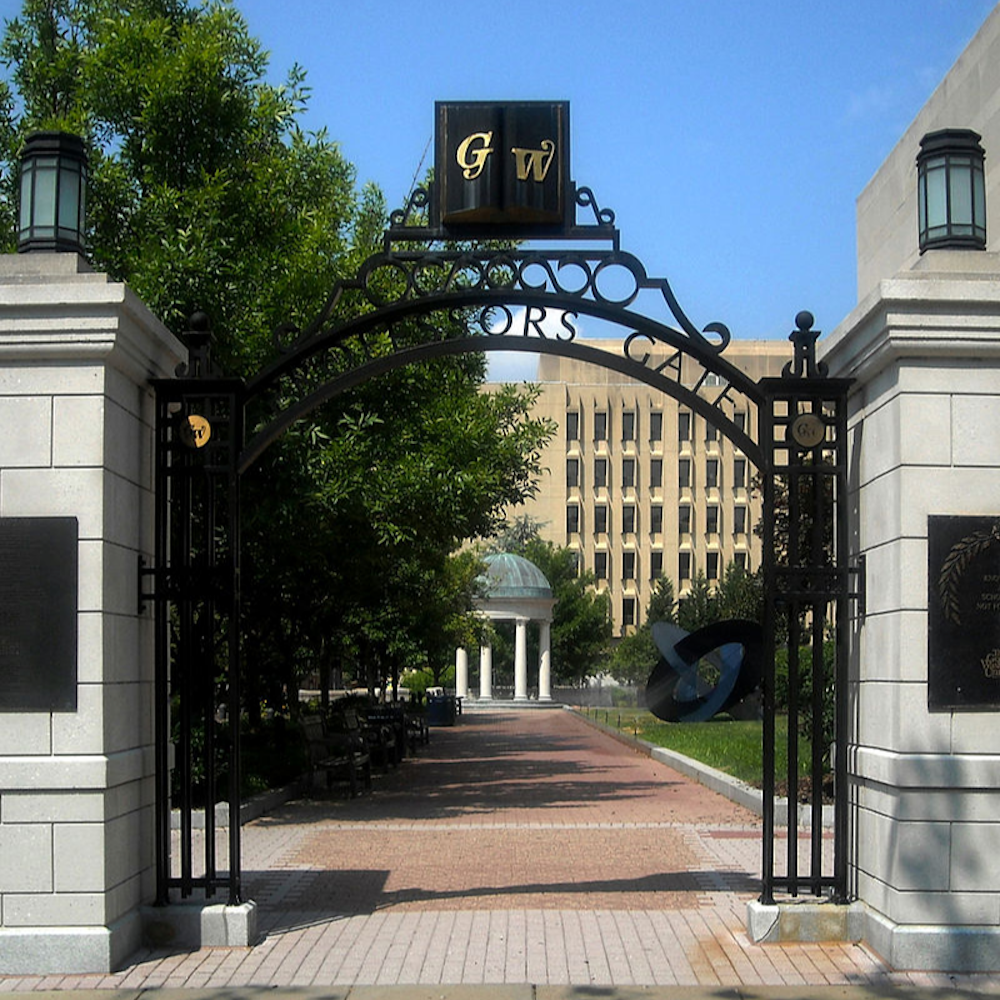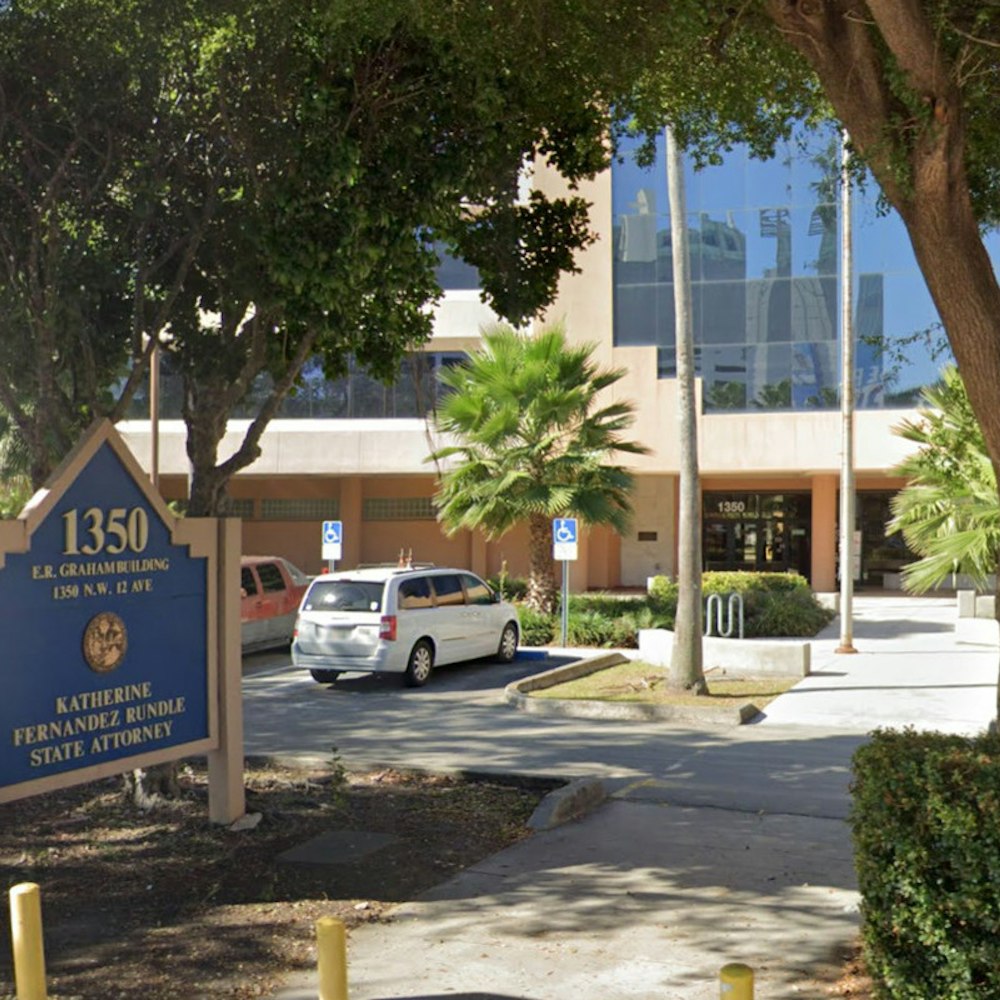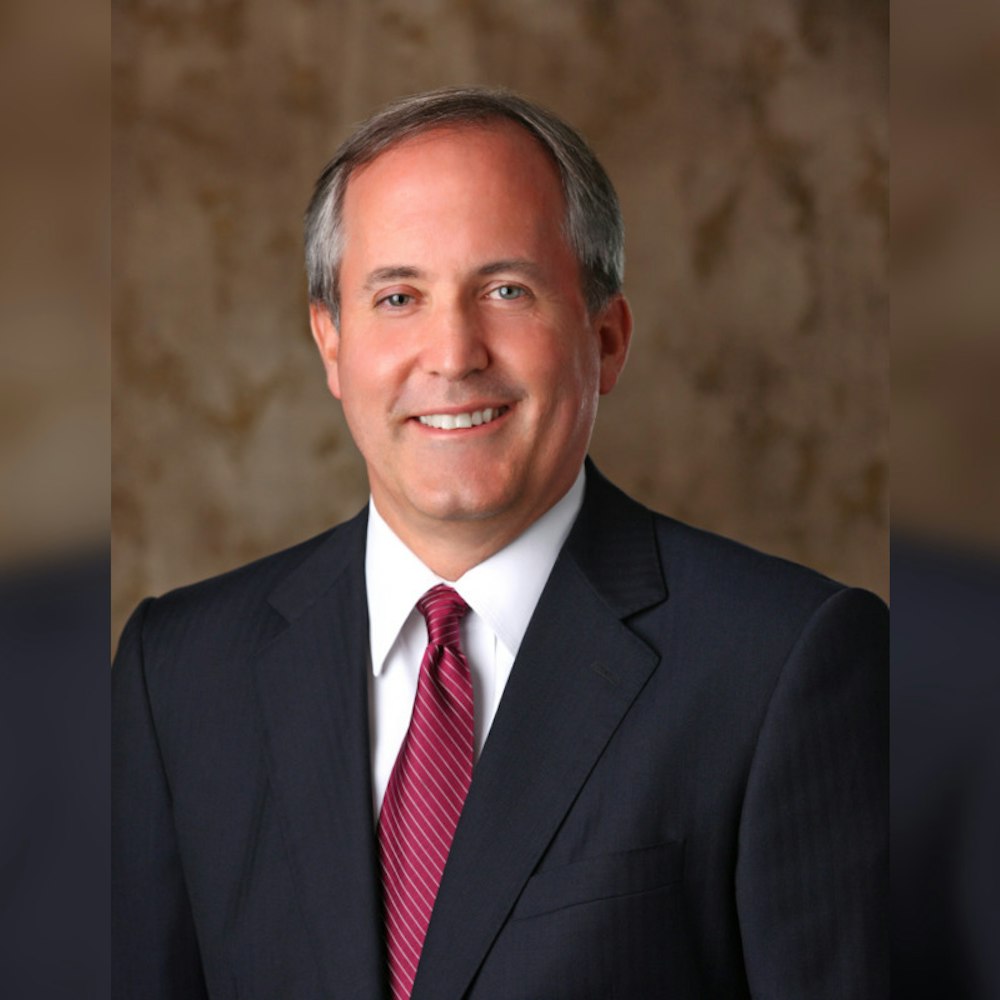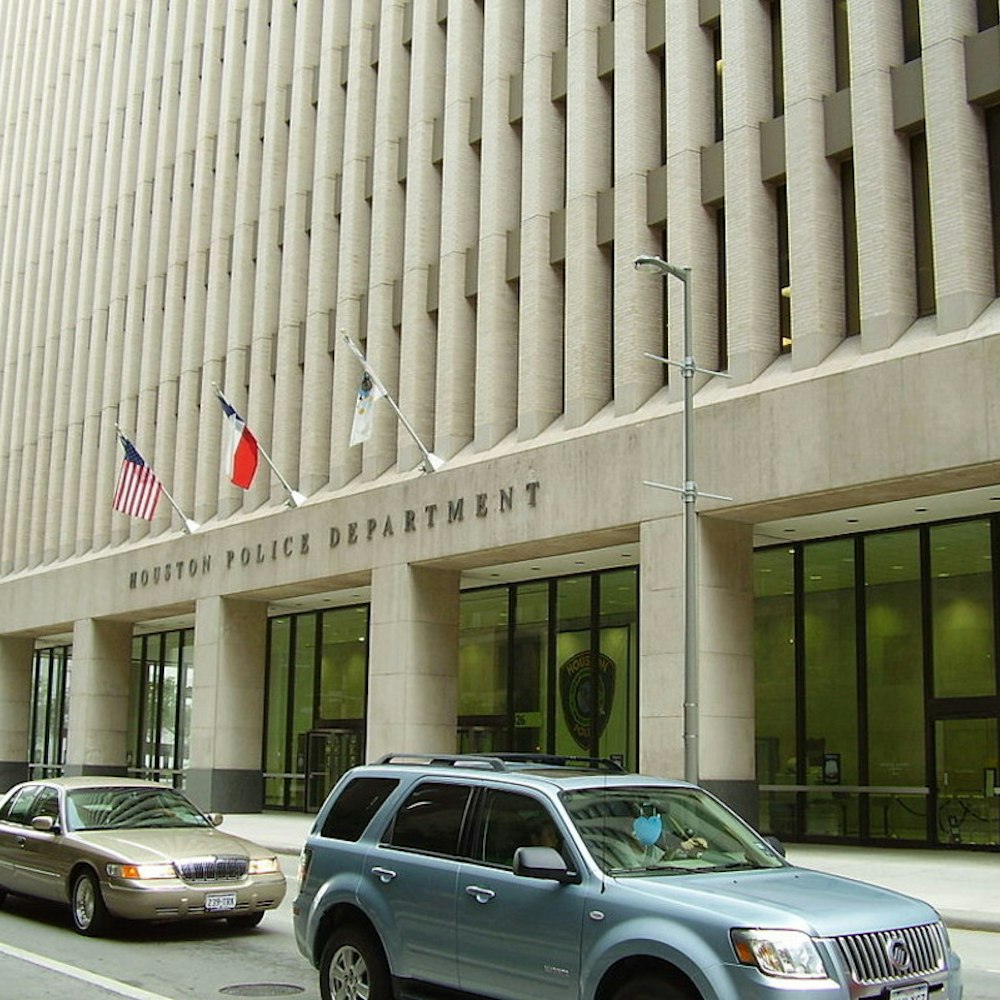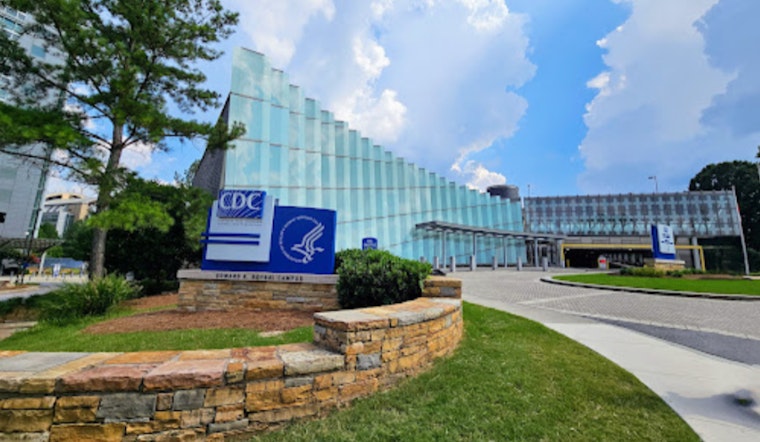
Atlanta is grappling with a significant public health issue, ranking third in the nation for new HIV infections, as shown in the latest data from the Center for Disease Control and Prevention. The metro Atlanta area reported more than 1,500 new cases in 2021, a troubling statistic that places the city behind only Memphis and Miami in the entire country, according to CDC figures cited by FOX 5 Atlanta. These figures underscore the pervasive health crisis affecting the Southeast, particularly in Georgia's capital.
Jeff Cheek, Fulton County’s director of HIV Elimination, revealed that new cases in Atlanta accounted for more than half of the 2,371 reported across the state in the same year. "We’ve seen that HIV is growing in the south and Atlanta has some of the highest numbers in the south," Cheek stated in an interview obtained by FOX 5 Atlanta. He also identified stigma and insufficient access to health care as critical factors driving these high infection rates.
The disparity in health resources is evident when comparisons are drawn across the 20-county Atlanta metro area. As per CDC data shared by The Atlanta Journal-Constitution, the specter of HIV looms large with 40,931 known cases living with HIV in metro Atlanta, the numbers fluctuating wildly from 91 per 100,000 in Forsyth to a staggering 1,802 per 100,000 in Fulton.
Despite the sobering statistics, there is a glimmer of hope: the CDC announced a 12% decline in new diagnoses from four years earlier, especially a notable 34% drop among 13- to 24-year-old gay and bisexual males. However, challenges remain for minorities. Black and Hispanic males continue to bear the brunt of new infections, and less than a third of the estimated 1.2 million who could benefit from PrEP, a preventative medication, were actually receiving it in 2021. "Relatively few" in this group were Black or Hispanic individuals, according to further details reported by The Atlanta Journal-Constitution.
Action plans are underway to address these health disparities, with community advocates like Thrive Atlanta co-founder Larry Scott-Walker taking their calls for improved healthcare access to the national stage. "I am jarred by it, I am saddened by it but also motivated… my work is fueled by that…it’s not surprising given the fact that Georgia is one of 10 states who didn’t expand Medicaid," Scott-Walker told FOX 5 Atlanta. Furthermore, Cheek has noted a six percent increase in the number of individuals receiving treatment necessary to suppress the virus, indicating a potential turning point in the battle against HIV in Atlanta.
